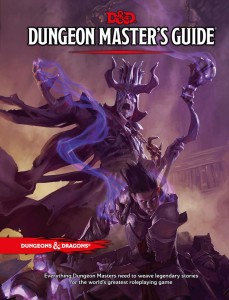Last year, I ran a Dragon Chess Tournament in my D&D 5e game, and it was a lot of fun. The event was a huge tournament that attracted people and powerful monsters from across the land to compete for fabulous treasures. I created an abstract system to simulate several days of play in the tournament, culminating in an epic final match. The rules I used are below:
Dragon Chess Tournament
Premise: A Dragon Chess Tournament is being hosted in the Crystal City, an ancient Metropolis of crystal spires whose best days are behind it. Hundreds of challengers have journeyed across the lands to compete for the grand prize, a mysterious and valuable treasure.
What is Dragon Chess?
- Dragon Chess is a Chess variant played on a 3D board with fantasy creatures. It was invented by Gary Gygax.
- See Official Rules here (but see below for an abstracted version suitable for D&D): http://www.chessvariants.org/3d.dir/dragonchess.html
Structure of Tournament:
- 500 GP Entry Fee
- 8 Rounds of Swiss Pairings
- 1 Point for a Win
- ½ Point for a Draw
- Only players with greater than 6 points at the end of 8 rounds proceed to the Top 8 Finals.
- Top 8 is single elimination (with the top players paired against the bottom players)
Prize Payout:
- 5+ Points: Roll on Individual Challenge 11-16 (pg 136)
- 5th-8th Place: Roll on Treasure Hoard Challenge 0-4
- 3rd and 4th Place: Roll on Treasure Hoard Challenge 5-10
- 2nd Place: Roll on Treasure Hoard Challenge 11-16
- 1st Place: Roll on Treasure Hoard Challenge 17+
GamePlay:







